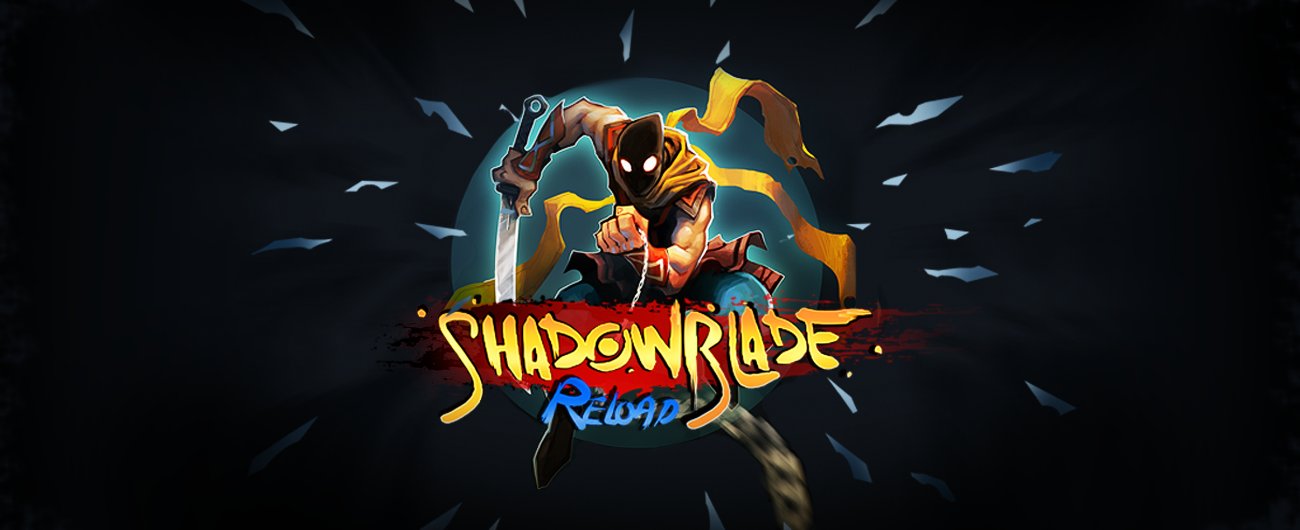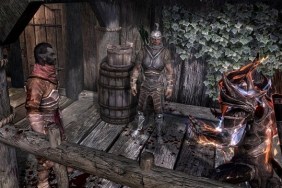Overstayed welcome.
Is it a remaster? A port from a handheld? A sequel? A little from column A, B, and C, actually. Shadow Blade started as a mobile game with an Ouya release, and the developers wanted a better version released on Mac and PC, so they created Shadow Blade: Reload six months later. Two years later, consoles are now getting a swift slice of developer Dead Mage’s ninja pie.
And the ninja platformer hack-and-slash pull-your-hair-out extravaganza that is SBR turns out to be a tough meal to get through. That’s an unfortunate thing to have to say for a game that started off so strongly. Immediately, you’re thrusted into a new world where you are a ninja trying to rescue your master from capture. How? By sneaking around and slashing the gullets of anyone who is in your way. The control scheme is simple and effective: slash, shuriken toss, jump, and dash.
By stripping it down and making the killing so satisfying, the first hour or so of SBR is a gleeful experience, one I was prepared to recommend to my friends, roommates, and all of you readers. I suspect most of the positive reviews you’ll read did not stick around for the other three hours.
This brings me to one point of criticism: the game is about four hours long. I’m not talking a speed-run, and I wasn’t able to run through this game without dying all that much. I died a lot, adding on a lot of bonus time, and I still finished the game in about four hours. Sure, there are challenge levels and other difficulties, and I do have my suspicions about a hidden area that I have no interest in finding, but I’m not sure you’ll get what you pay for.
All that being said, I could have used a little less of this game in its current state. Rarely do long games overstay their welcome (see Alice: Madness Returns), but I don’t know that I’ve played a short game that felt like an eternity before playing SBR.
The central problem you’ll run into if you get that far is that Dead Mage just runs out of ideas. What feel like fresh platforming experiences in the first part quickly grow repetitive and boring. With a character with as many movement capabilities as this Deadpool-looking Martha Focker, their solution is to make areas bigger and fill the space in between with very little.
And as you get into these bigger spaces, the fundamental flaws peak out. You’ll notice that grabbing ledges isn’t as crisp as you thought it was, hitboxes of traps are bigger than you thought they were, leading to the inescapable conclusion that SBR just isn’t as good as you thought it was.
Not that SBR has it made in small spaces, either, at least later on. I encountered two corridors at least where the game just threw three of four basic enemies in close succession. This is the part where most reviewers would cry “artificial difficulty,” whatever that means, but I can avoid that hullabaloo entirely because it’s not difficult. Everything in the game, including you and with the exception of bosses, dies in one hit, so hit square, square, square in these segments and you got yourself three kills and a hallway full of bodies. That’s if you didn’t manage to kill two people with one slash, which can certainly happen.
Also what happened to other enemy types? Dead Mage does what you can expect with a game like this and introduces new enemies as you play. About midway through the game, you’re introduced to little robot drones that either shoot you or suicide-bomb you. Wouldn’t it be cool if they decided to throw some of those at you in a corridor, at least making you have to time a quick triangle push in between squares? Maybe, but the world will never know.
In that same vein, each level has three collectible Kanji tokens hidden around the level in increasingly difficult spaces. That is, until the final two stages, where they basically plaster them on the walls on your way through—no additional exploring required.
And I might add a fourth column this into which fits: a knock-off. It’s as if someone played Mark of the Ninja and thought “we can make a worse version of this.” Just take away the depth of combat, the freedom of choice, and any semblance of longevity, and voila. That’ll be $15.
-
Visceral combat
-
Simplified controls
-
Unoriginal
-
Short
-
Controls and interactions sometimes clunky
-
Lacking ideas
shadow-blade-reload
-
shadow-blade-reload #1
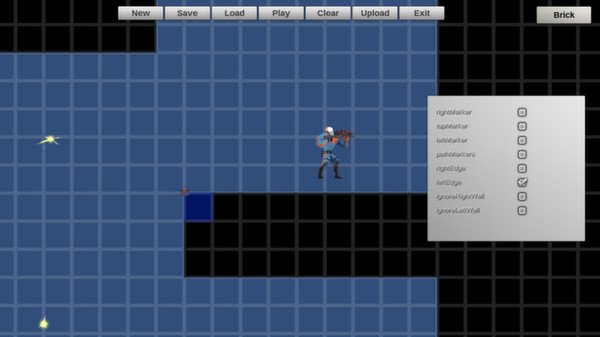
-
shadow-blade-reload #2
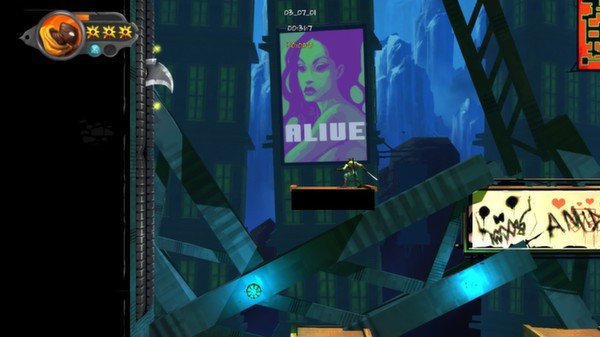
-
shadow-blade-reload #3
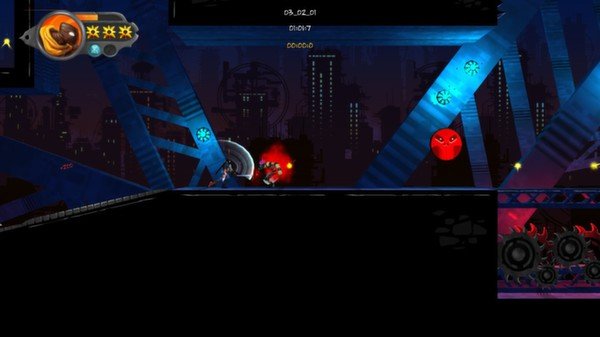
-
shadow-blade-reload #4
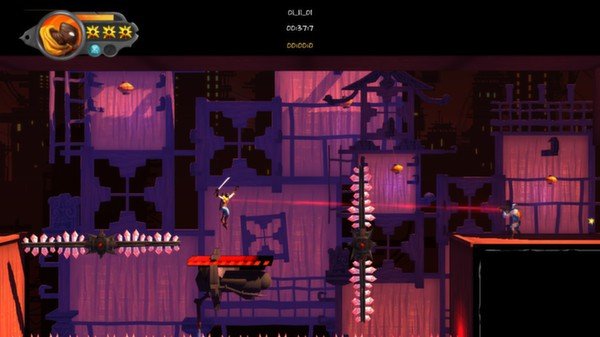
-
shadow-blade-reload #5
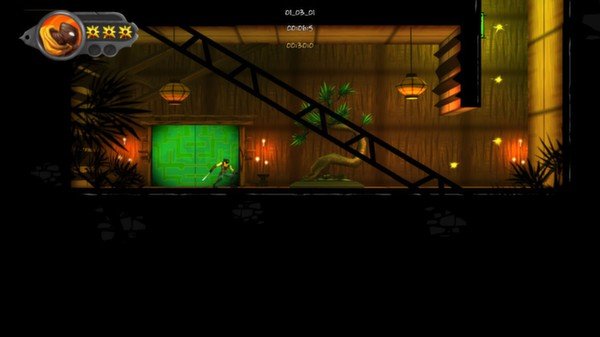
-
shadow-blade-reload #6
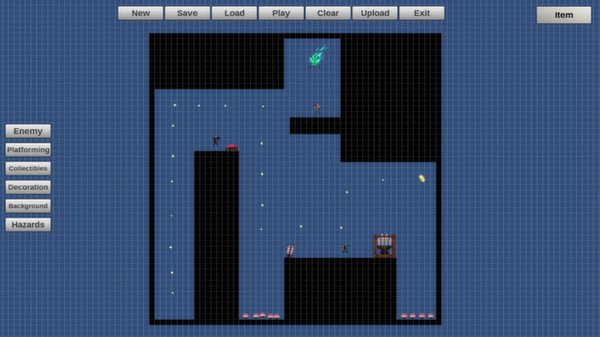
-
shadow-blade-reload #7
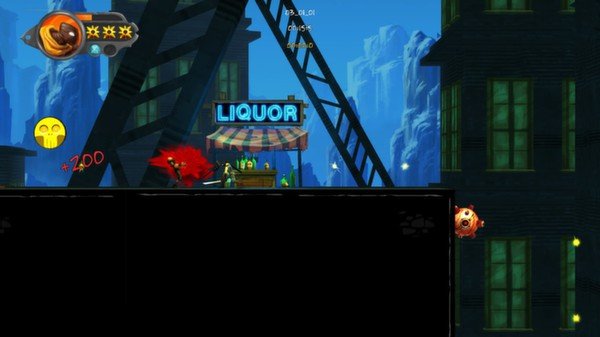
-
shadow-blade-reload #8
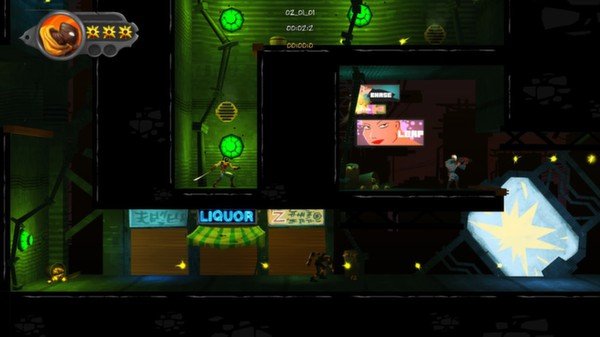
-
shadow-blade-reload #9
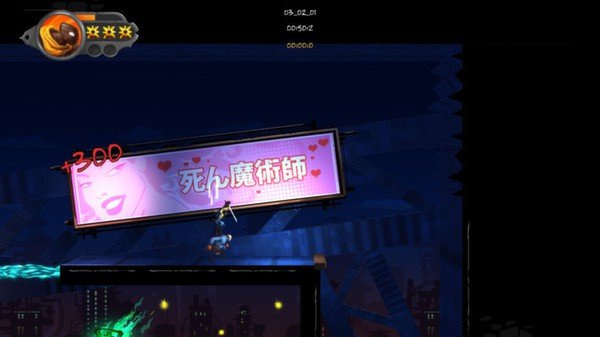
-
shadow-blade-reload #10
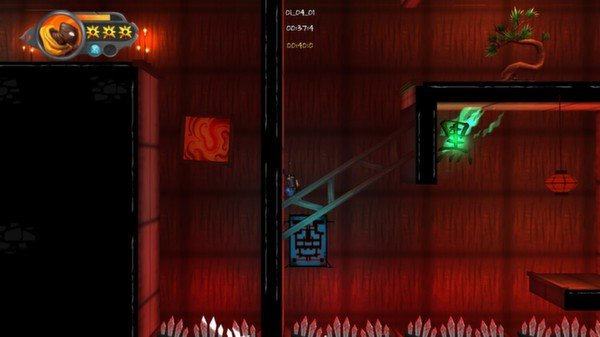
-
shadow-blade-reload #11
